How to spot dehydration and treat it quickly
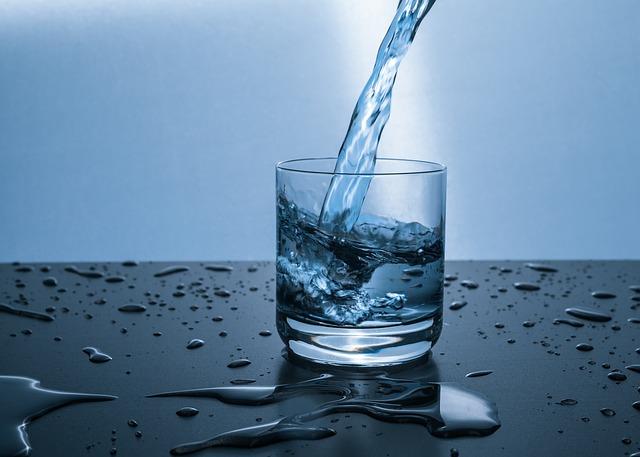
Dehydration is a condition in which the body does not have enough fluid. It harms well-being and health. It is not always easy to recognize that the body is experiencing a lack of water.
However, there are many symptoms that you should pay attention to to start solving this problem in time. Several signs indicate that your body is running out of water.
How to understand that the body is dehydrated
Thirst
By the time you feel thirsty, your body is already dehydrated. Fortunately, this is not enough to cause serious health problems. But it is still essential to drink water not when you have a dry mouth but when you feel that you are about to get thirsty.
In addition, drinking water “on demand” does not always help avoid dehydration. Monitoring the amount of water you drink daily is important to ensure adequate hydration, especially if you are engaged in physical activity or live in a hot climate.
You are constantly tired

Feeling tired is another common sign of dehydration. Water helps your body function properly and maintain mental understanding and the ability to concentrate.
But if it is not enough, the body must work harder to perform everyday tasks. Because of this, there is a lingering and oppressive feeling of fatigue. Your cheerfulness is reduced to zero, and it becomes hard to think.
Dry lips and mouth
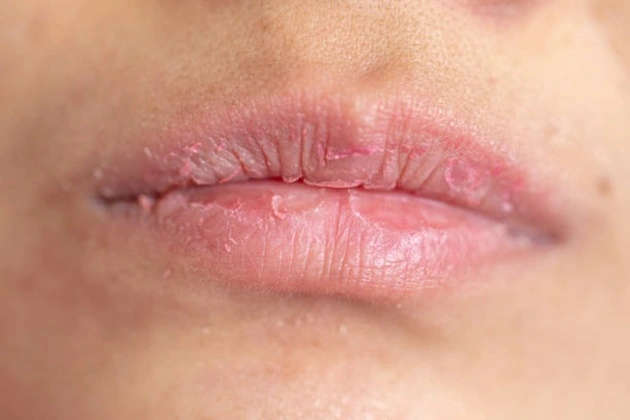
The mouth and lips are areas of the body whose health depends on good hydration. If there is not enough water in the body, the lips begin to peel and crack, and there is a constant feeling of dry mouth.
You haven’t gone to the toilet for a long time
Frequent trips to the toilet can indicate how dehydrated your body is. Urination should usually occur every three to four hours. But if you spend half a day and never go to the bathroom, it’s time to consider compensating for the lack of water.
Headache
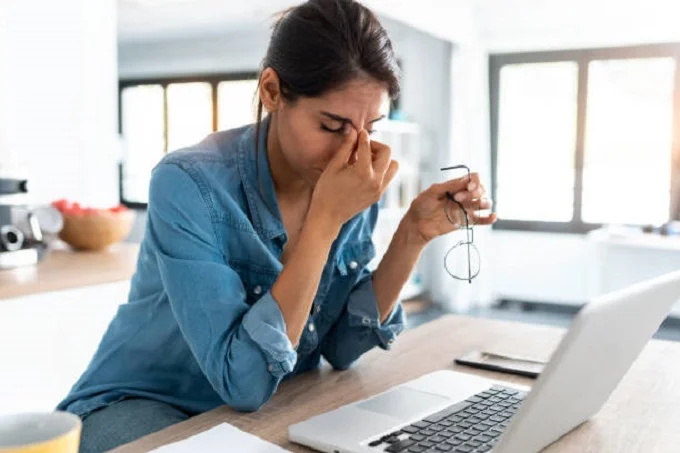
You don’t have enough water if you feel irritated and have a headache. Dehydration usually causes unpleasant sensations or exacerbates the disease that provokes them.
Muscle spasms and dizziness
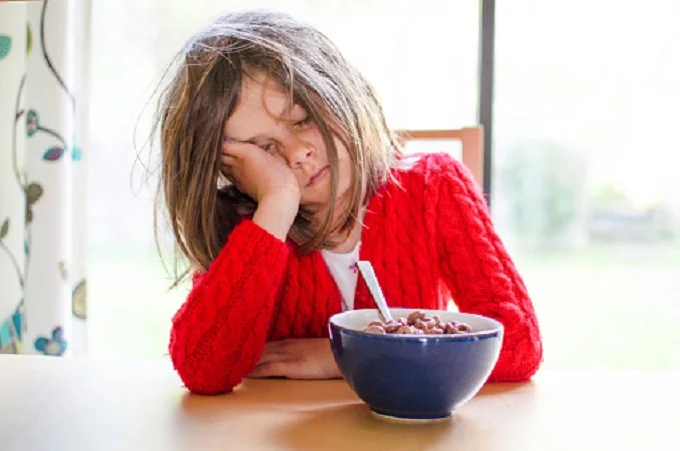
The body compensates for dehydration by narrowing blood vessels and increasing heart rate, which helps maintain normal blood pressure. It also redirects blood from the skin to internal organs such as the brain and lungs. However, such protection can fail as dehydration increases. In this case, dizziness, muscle spasms, and general physical weakness occur.
What to do if you are dehydrated: Several actions are worth taking
Drink some water

This is the simplest and most effective way to deal with dehydration. Drinking clean water or drinks containing electrolytes, not sugary sodas, juices, or coffee, is important, as these can only worsen unpleasant symptoms.
It is also helpful to always have a water bottle and drink as soon as you feel the first signs of thirst. There are many options for containers that are easy to take with you anywhere — get one that will fit in a bag or backpack. Remember that dehydration is easier to prevent than to fix.
Find a shadow
If you encounter dehydration while walking on the beach or just being in the sun for a long time, find shade and relax. If a lack of water is accompanied by muscle pain, stretch carefully to relax the body and feel better.
Lower your body temperature
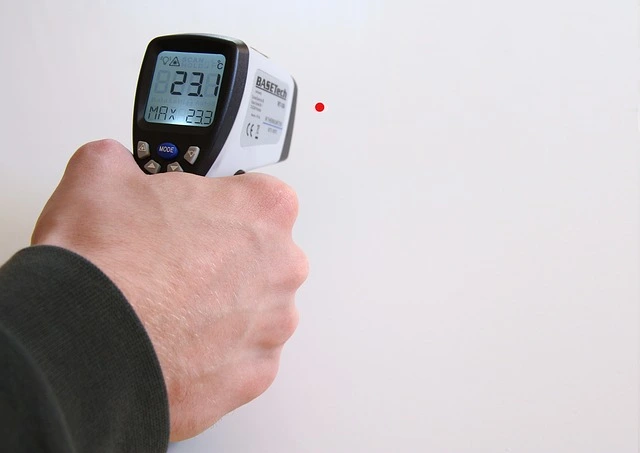
A feeling of heat and dizziness accompanies dehydration caused by the peak of summer heat or heavy physical exertion. To improve your well-being, you need to lower your body temperature. For example, remove excess clothes, go to a cooler room, or apply a handkerchief soaked in cold water to your forehead.
Drink more if you are sick
If you catch a cold or flu or are poisoned by something, you must increase the amount of water you consume. This will help the body fight the disease and maintain the correct hydration level.
Set reminders

Many people do not like to drink water often or forget about it. If you are one of them, setting reminders on your phone is helpful. Choose the interval: it can be from one to a half to two hours.
Eat foods that saturate the body with moisture
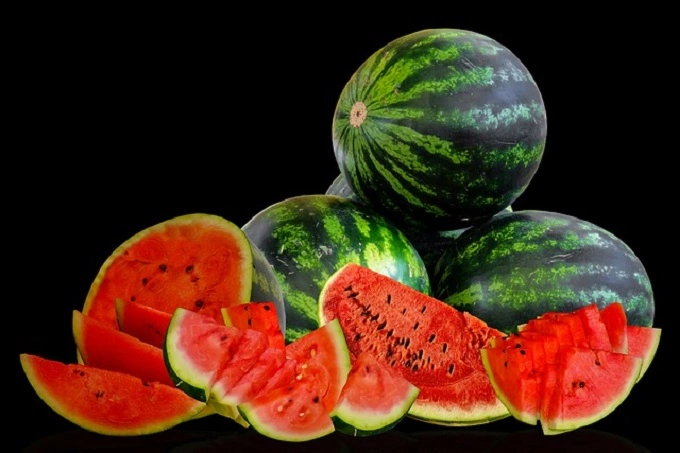
Drinking water is an effective but not the only way to help the body cope with dehydration. Some foods contain a lot of moisture, so they need to be included in your diet.
These include cucumbers, celery, lettuce, strawberries, tomatoes, and watermelon. In addition to water, these foods also contain fiber, vitamins, and minerals that help improve well-being.
Consult a doctor on time

Dehydration can be a “spot” problem due to physical overload or hot weather. But if you have experienced its symptoms for a long time, you should not postpone going to the therapist. The doctor will help you identify why your body is facing it and can also refer you to specialized specialists, such as a gastroenterologist or endocrinologist.




